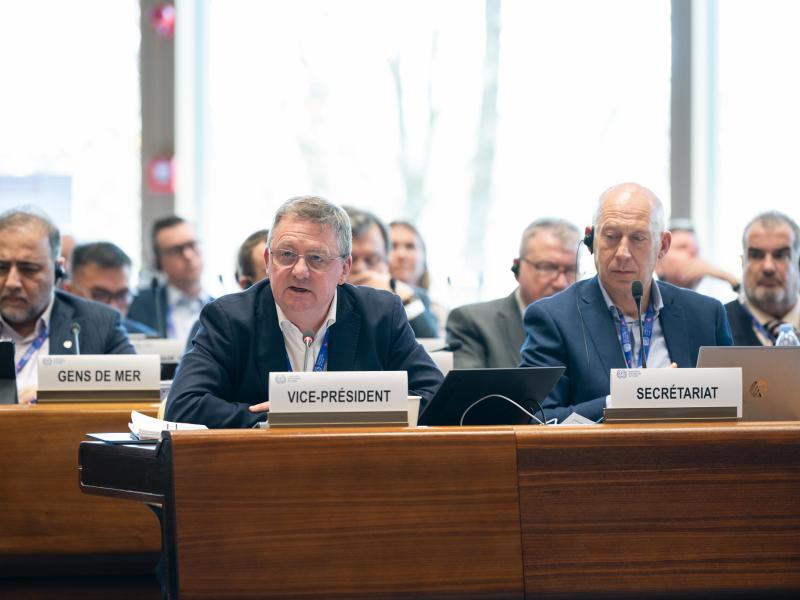In September 2018, a student will start the doctoral research project, ‘Questioning BRTs: A win-win solution to public transport problems in the cities of developing countries?’.
The project is in response to the rapid rise in BRT systems in developing countries – from 40 cities in 2007 to 207 by January 2016 – as a solution to the public transport crisis in many fast-growing cities. It will examine the consensus that presents BRT as a ‘win-win’ intervention that benefits the transport system, the economy, the environment and the poor.
It will explore:
• who BRT systems work for;
• who stands to gain and lose from BRT;
• how and why BRT has been promoted so aggressively; and
• the consequences for public transport and its workers.
Alana Dave, ITF education officer and leader of the ITF’s Our Public Transport programme, said: “This exciting project is a great example of how we can strengthen our work with close partners in a way that will benefit our priority programme, Our Public Transport.
“The project will contribute to critical debates on a pressing challenge faced by developing countries: how to provide environmentally friendly public transport to the mass of low-income residents in their rapidly growing cities. New public transport systems must not only bring environmental benefits but also social and employment benefits.
“The ITF and our unions will disseminate the findings as part of our BRT activities in developing countries.”
The PhD will draw on extensive fieldwork and will focus on one city. It will be supervised by Dr Matteo Rizzo at SOAS – who has researched and written about BRT in Dar es Salaam in Tanzania – and Alana Dave.
Find out more about the project and how to apply for the studentship (closing date 5 March 2018).
Read more about SOAS at https://www.soas.ac.uk.
The ITF’s Our Public Transport project actively campaigns for public transport based on public ownership, public investment, decent jobs and union rights for workers in public and private employers. Learn more.



